Gas vs Electric Water Heater: Definitive Comparison
Trying to decide between gas or electric water heaters to meet your hot water needs? Knowing the key differences is essential for homeowners looking to make informed choices. This article explores the pros and cons of both types, from energy efficiency to upfront cost comparisons, to help you choose the right appliance for your home. Discover our comprehensive analysis for selecting the best type of water heater for your unique set-up.

How do electric water heaters work?
When you turn on the tap for hot water, your electric water heater heats up the water inside the tank using submerged heating elements powered by your home's electrical system. Your unit comes with a thermostat that monitors the temperature and turns off the heating elements once the desired temperature is reached, keeping the water consistently hot until you're ready to use it. By understanding how your electric water heater operates, you can fully appreciate the technology that supplies you with hot water whenever you need it.

What are the benefits of electric water heaters?
Electric water heaters offer a host of benefits over traditional gas-powered heaters:
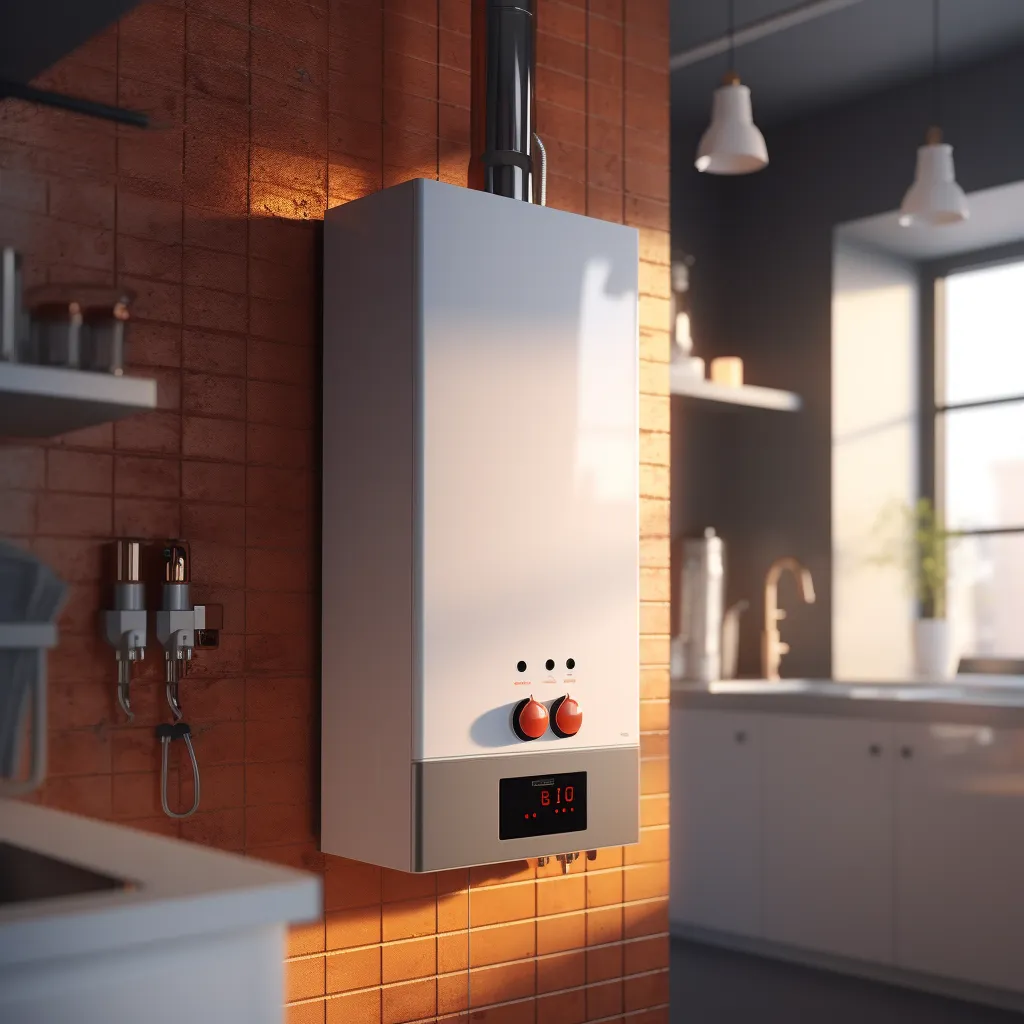
They're affordable: Electric water heaters are generally cheaper than gas-powered units, so you can get hot water without breaking the bank.
They're easy to install and use: You won't need to deal with complicated installations or maintenance, making electric water heaters an ideal option for busy homeowners.
They're energy efficient: Electric water heaters save energy and money since they don't require a flame to heat up the water.
They're quiet: No more noisy appliances with electric water heaters! They're usually much quieter than gas-powered ones.
They're versatile: Whether you have a small or large space, electric water heaters can be installed almost anywhere in your home.
What are the disadvantages of electric water heaters?
Despite their many advantages, electric water heaters also have some drawbacks that should be considered:
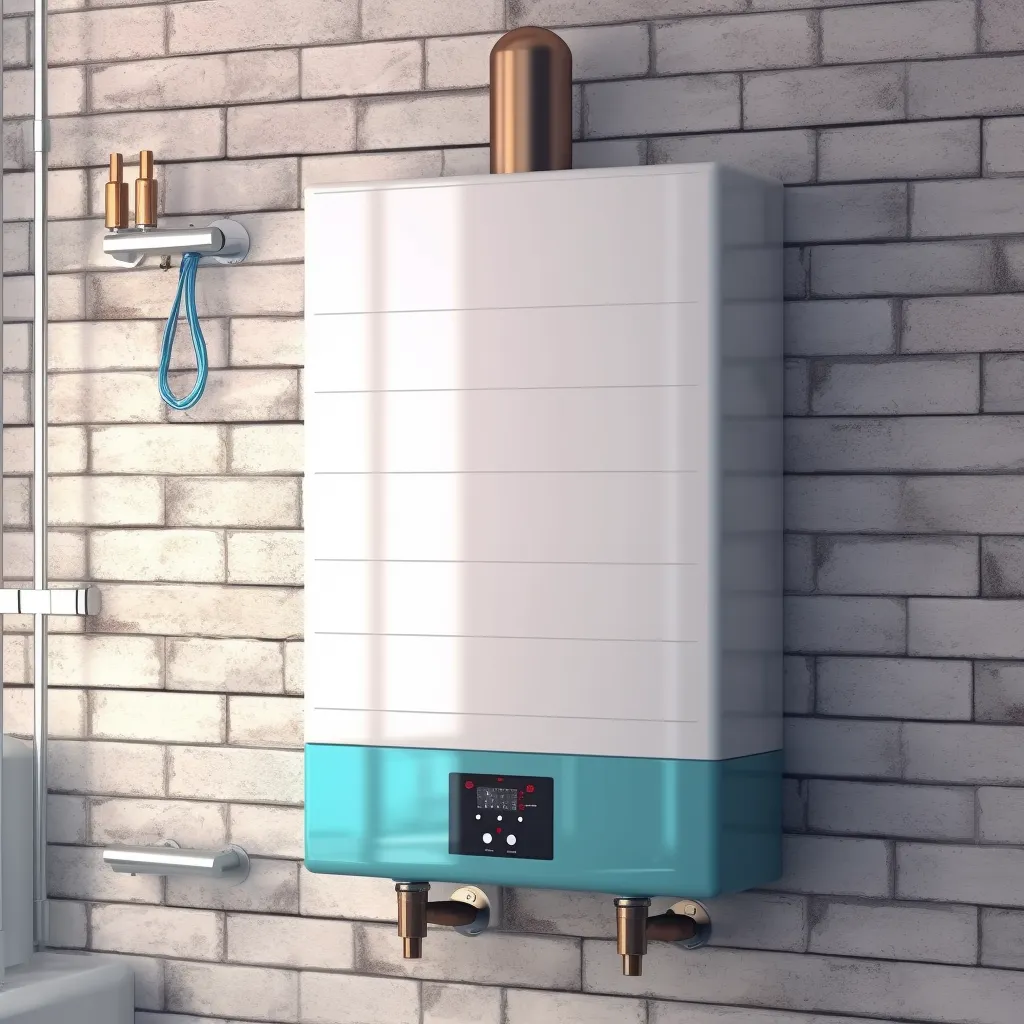
Slow recovery time: Electric water heaters have slower recovery time than gas models, meaning that heating the water takes longer.
Higher energy costs: Although they're more energy-efficient than gas models, the electric alternatives still tend to have higher utility bills.
Higher upfront costs: Electric models have higher upfront costs.
Shorter lifespan: Electric units have shorter lifespans than gas alternatives, so you may end up replacing the heater sooner.
Issues during power outage: Don't forget that electric water heaters depend on a power supply, so if there's a power outage you won't get access to hot water.

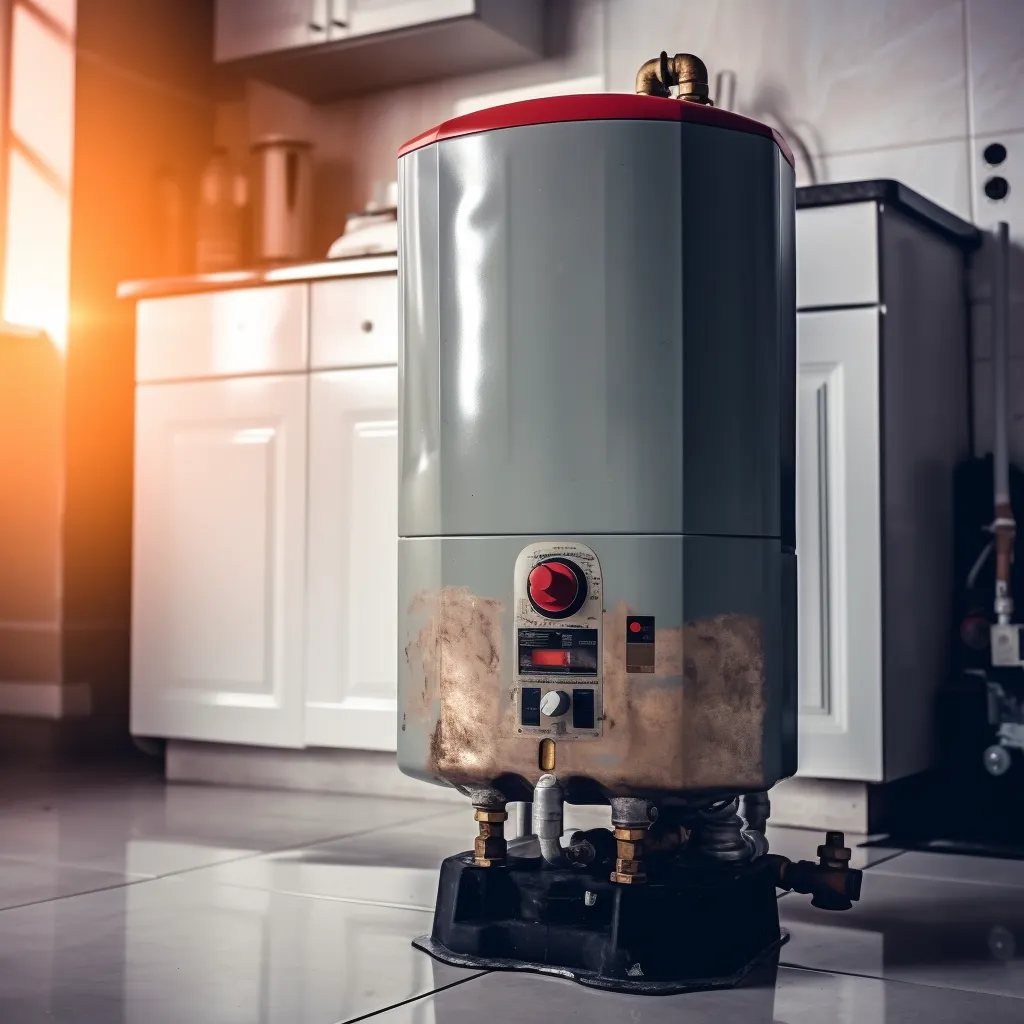
How do gas water heaters work?
Gas water heaters use natural gas to heat water in a large tank. A gas burner at the bottom ignites, heating the water. Rising hot water exits when you open the tap and cold water enters to replace it. This cycle continues, guaranteeing a steady stream of hot water.
What are the benefits of gas water heaters?
Gas water heaters are a popular choice for many households due to their numerous benefits:

Gas water heaters cost less to operate, which means that you can save money on your utility bills over time.
They recover faster than electric units, so you can have hot water more quickly after it has been used.
They last longer than electric models, so you won't have to replace them as often.
Gas heaters are easier to install and don't require as much specialized knowledge.
They're less expensive to purchase upfront.

What are the drawbacks
of gas water heaters?
Despite their many advantages, gas water heaters also have some potential downsides:
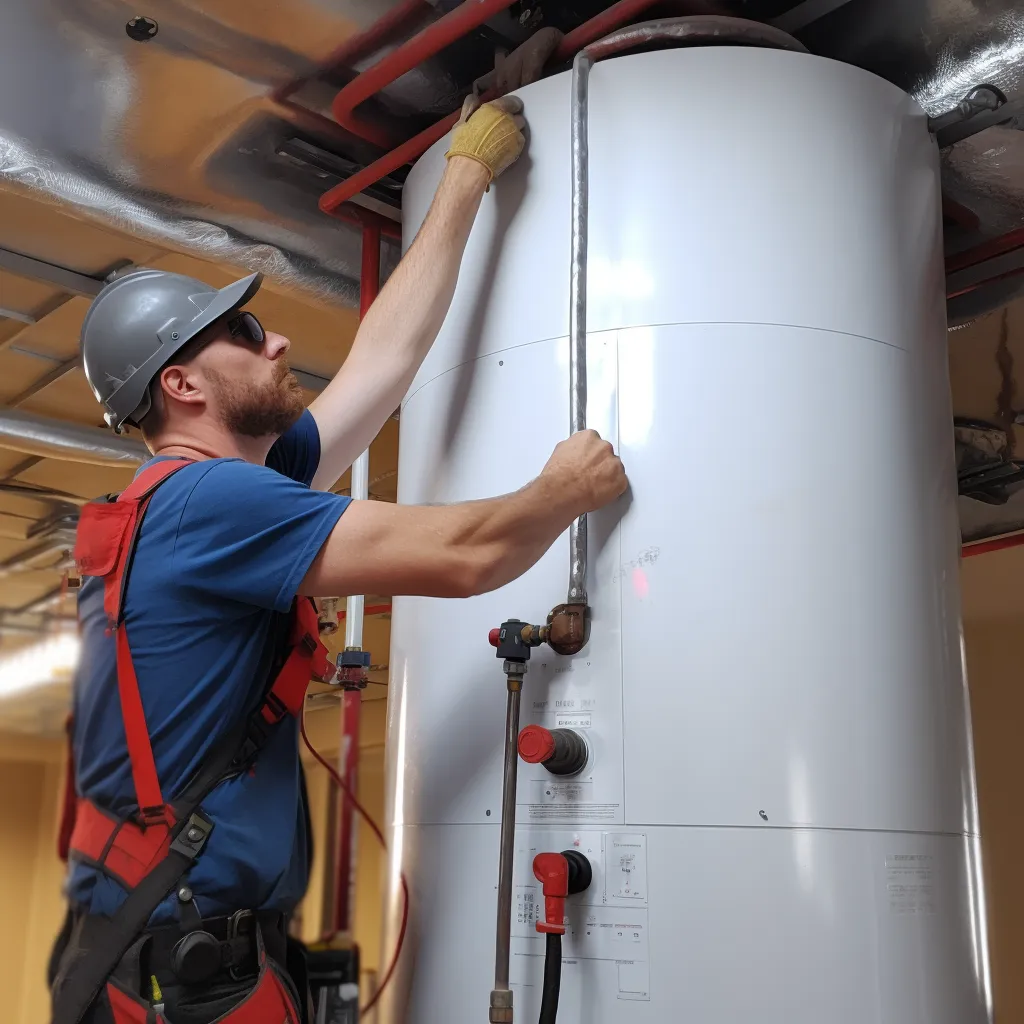
Polluting: Natural gas is a fossil fuel, and when burned it sends pollutants into the atmosphere, adding to air pollution.
Risk of explosion: Gas water heaters could explode if not installed or used correctly due to using combustible fuel. So, by following all safety guidelines, you'll keep safe.
Higher maintenance costs: Gas water heaters require more frequent maintenance than electric units, so it's worth considering hiring a professional to inspect and service your water heater on a regular basis.
Longer installation time: Installing gas water heaters usually takes more hours than electric ones. It could take several hours for the installation to be completed.

What is the energy efficiency of an electric water heater?
Electric water heaters' energy efficiency depends on various factors such as unit size, insulation quality, and operating temperature. Although gas-powered water heaters are considered more efficient, electric models are improving their energy efficiency ratings continuously.

What is the energy efficiency of a gas water heater?
Gas water heaters are usually more cost-effective and consume less energy than electric ones. They run by burning natural gas to heat the water, requiring less energy than electric heaters. The exact efficiency rating will depend on aspects such as its size and model, as well as its maintenance. Regular maintenance helps optimize efficiency and cut down costs. Routine checks, such as flushing the tank and inspecting the thermostat, can make a difference.
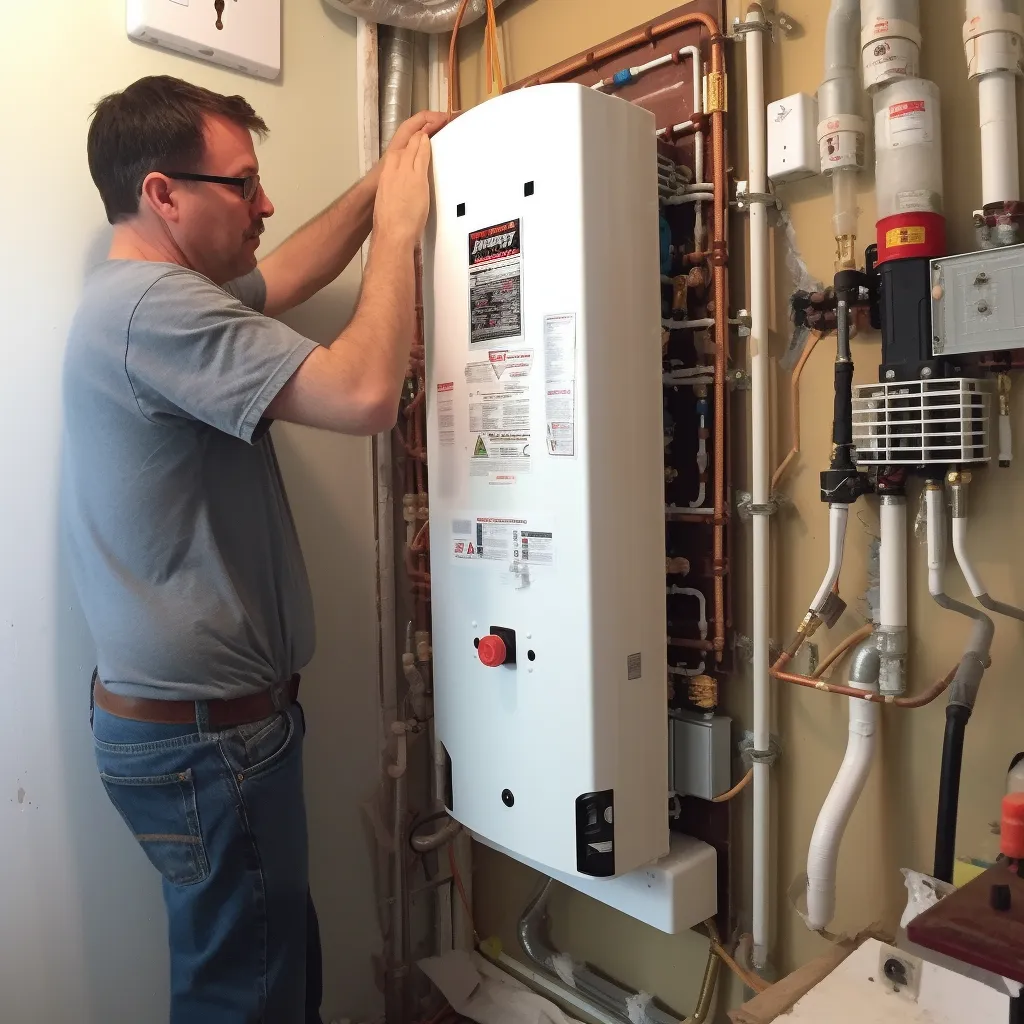
What is the cost to buy and install electric water heaters?
Electric water heaters can vary in price depending on size and features, but a typical 50-gallon model could cost between $300 to $800. For installation, the added cost could run between $300 to $500, depending on the scope of work and any necessary permits. It's recommended to consider factors such as existing plumbing and electrical wiring in your home. Although there are upfront costs, an electric water heater proves a wise investment over time due to energy savings.

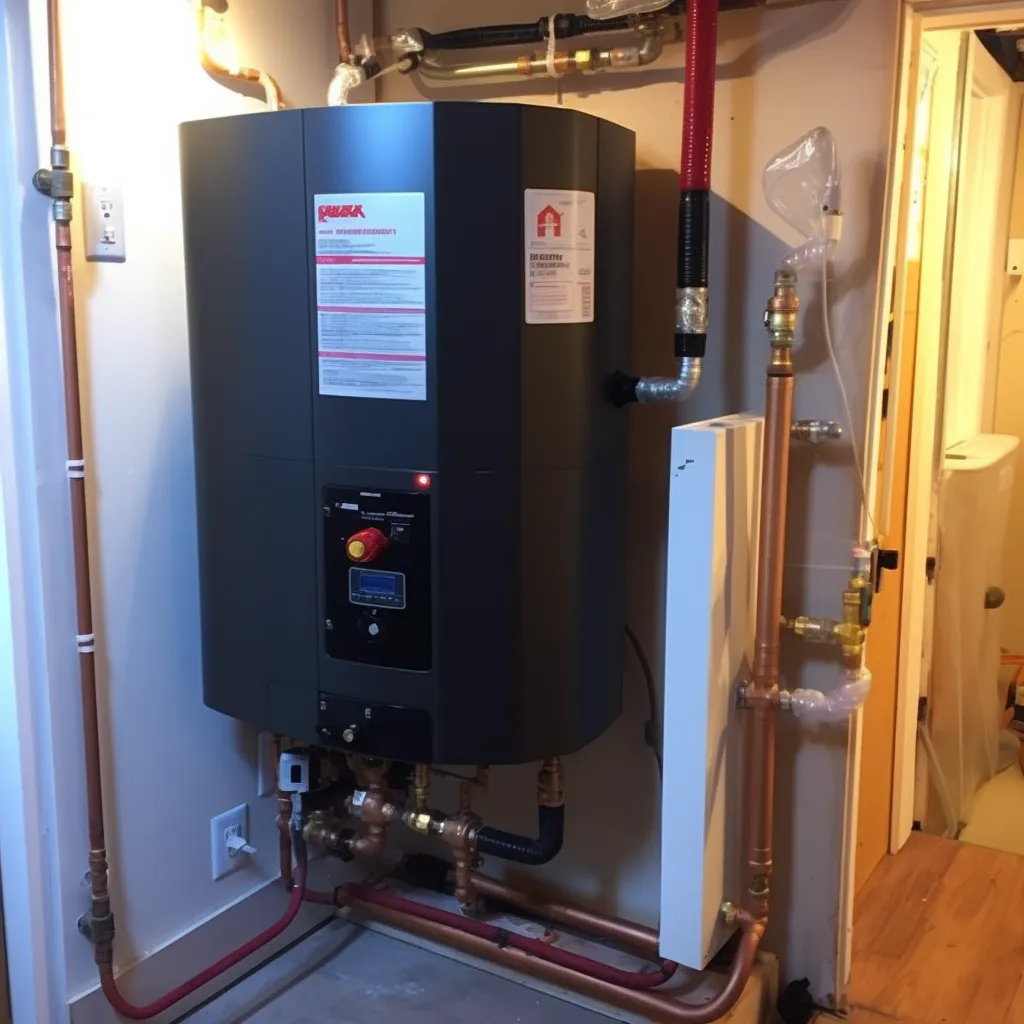
What is the cost to buy and install gas water heaters?
Gas water heaters come in different sizes and can cost between $500 - $1,500. If you are looking to buy high-end ones, they can be as expensive as $3,000. Besides the price of the heater, installation charges, which depend on the location and plumbing, also add to the final bill. But don't worry, even though it might seem like a high cost at first, gas water heaters have long-term cost savings and higher energy efficiency. Plus, you don't have to worry about running out of hot water.

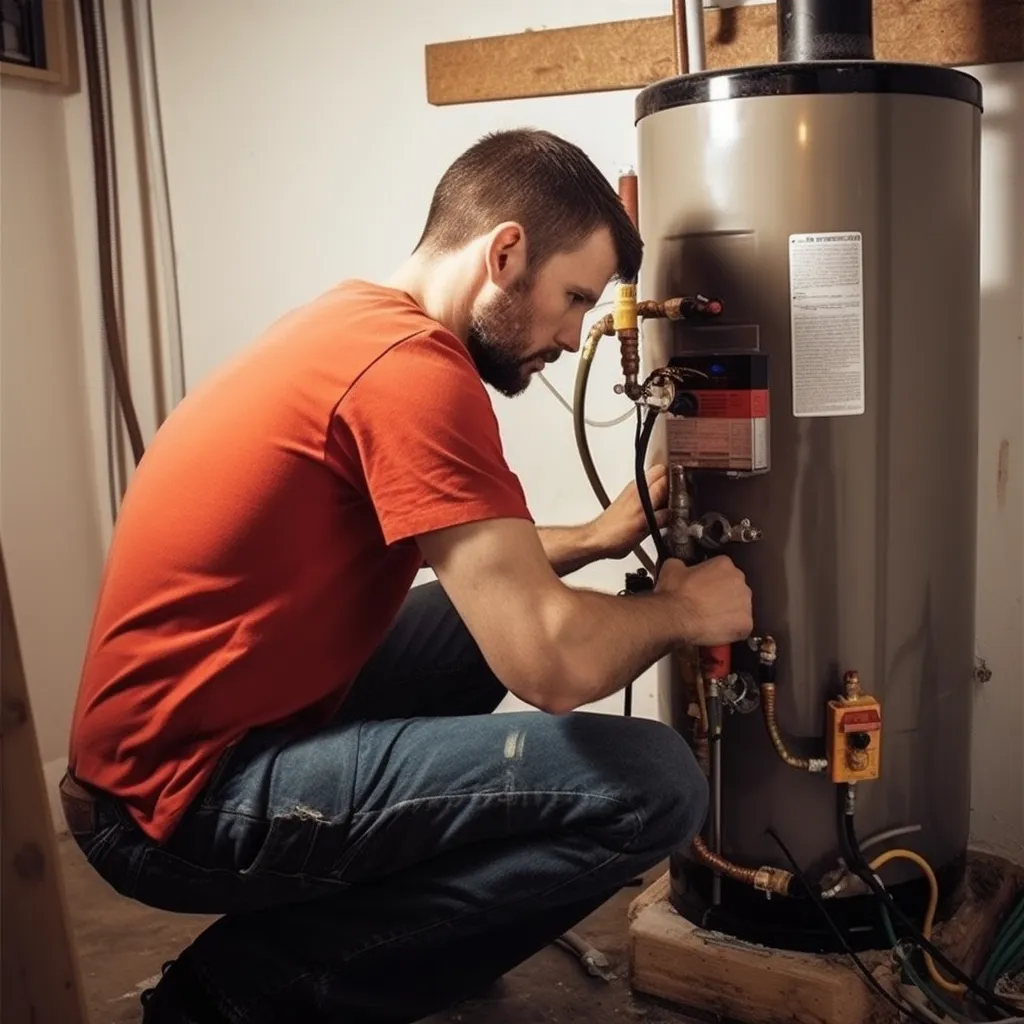
What are the maintenance requirements of electric water heaters?
The electric water heater is a convenient and reliable appliance. Just like other appliances, it's crucial to keep them functioning properly with routine maintenance. Homeowners should regularly check the temperature and pressure relief valve, which is a safety feature that prevents the tank from overheating and exploding. Sediment buildup inside the tank reduces overall efficiency, so flushing the tank is also important every six months to a year. Don't forget to inspect the heating elements and replace them when necessary.
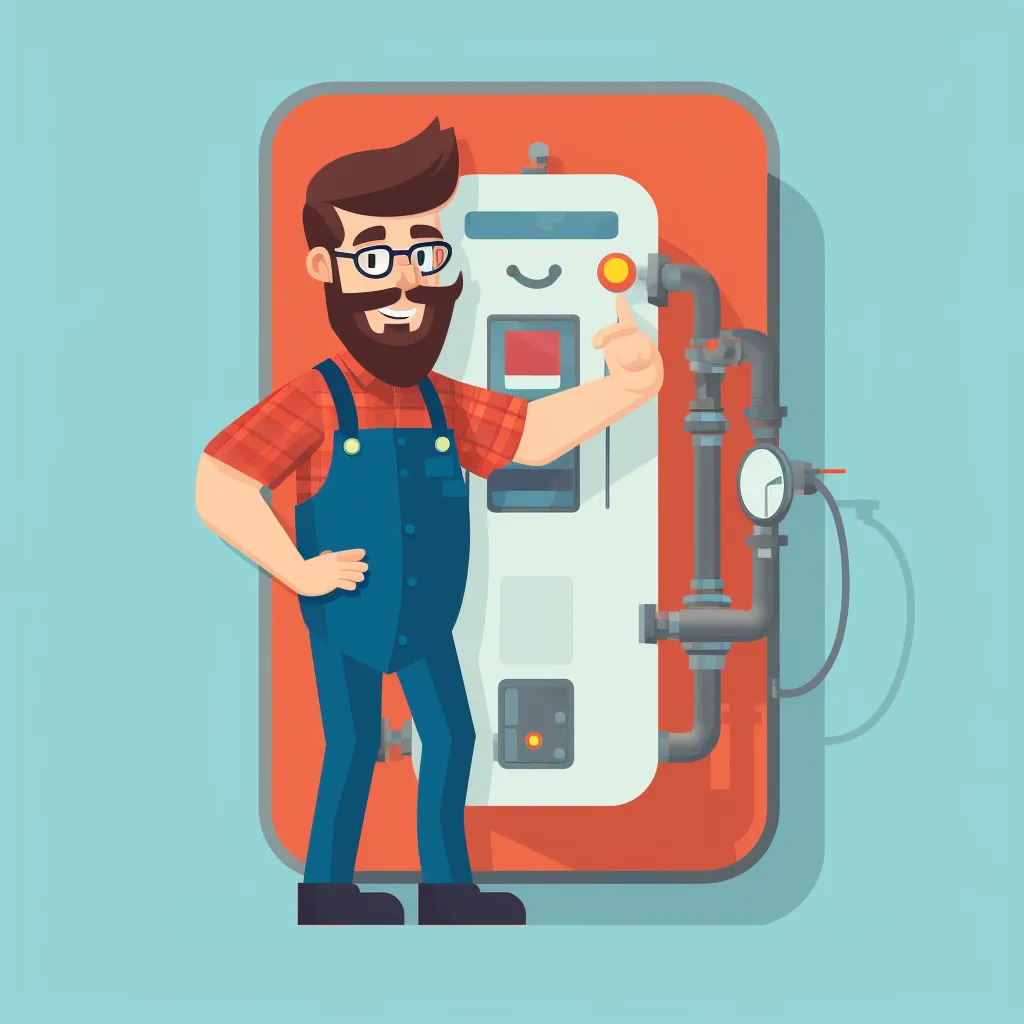
What are the maintenance requirements of gas water heaters?
Gas water heaters need to be taken care of regularly to ensure they operate efficiently and safely. That means flushing the tank annually to remove sediment buildup that affects the performance and life of the unit. Also, keep an eye on the anode rod every few years to ensure it doesn't rust, it's important since it protects the tank. Check the burner and pilot assembly, and test the temperature and pressure relief valve regularly. And don't forget to check for gas leaks. By providing proper maintenance, a gas water heater will ensure hot water supply efficiently for many years.

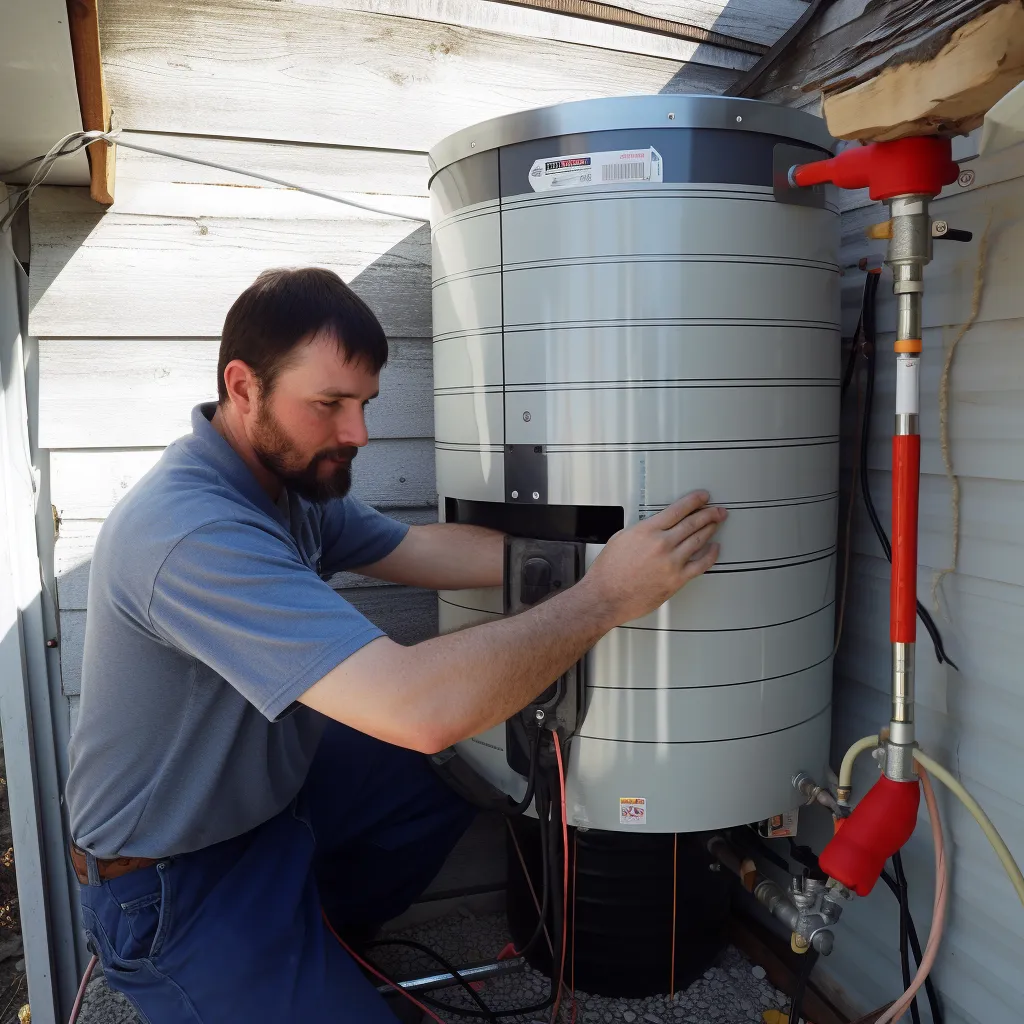
What are the safety considerations of electric water heaters?
An electric water heater may seem handy for heating your house's water, but safety is key. One of the main concerns is the risk of electrocution if the heater isn't grounded or if there's an electrical fault. Fire hazards are also an issue if it overheats or is kept near flammable materials. Follow the manufacturer's instructions and have a licensed professional install the heater for safety.
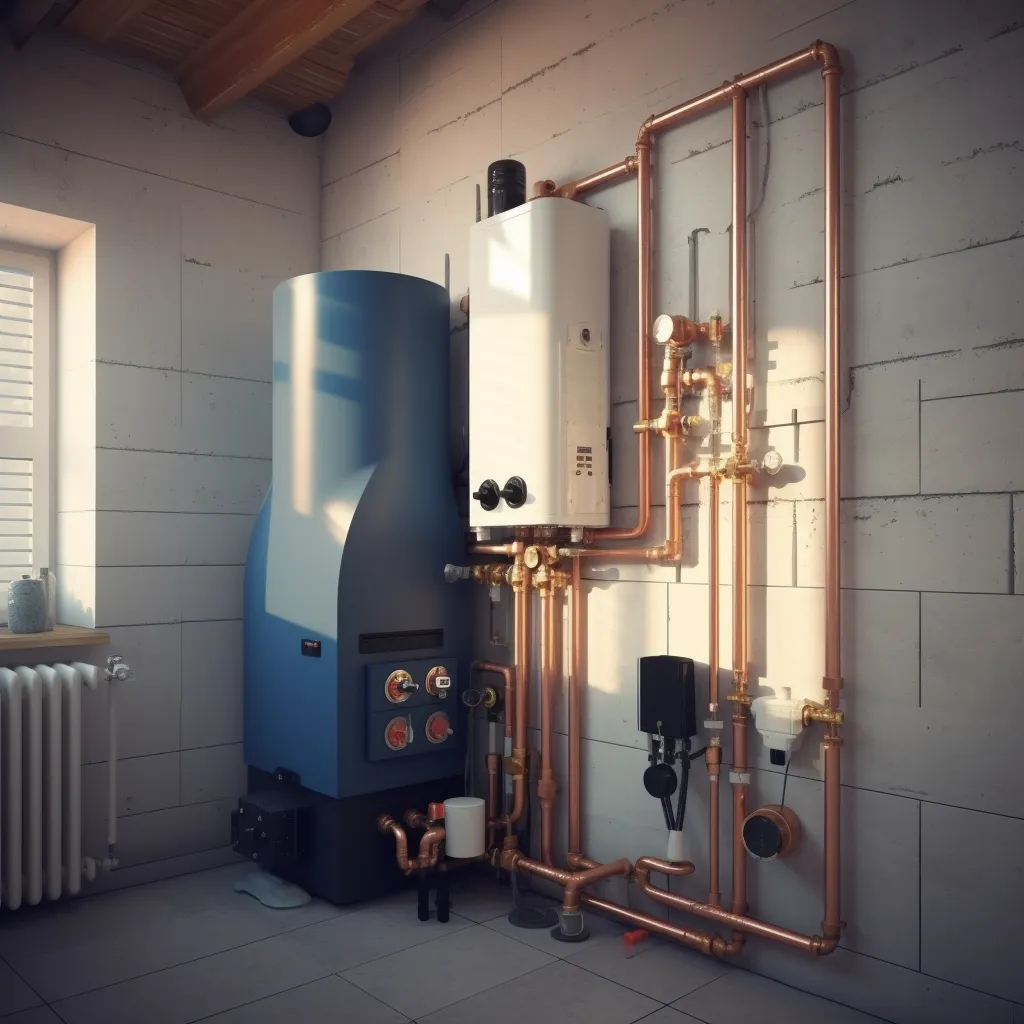
What are the safety considerations of gas water heaters?
Gas water heaters can be dangerous, especially if they're not well-ventilated and they're leaking carbon monoxide, which can poison you. To stay safe, have a carbon monoxide detector and keep your gas water heater in good working condition with regular inspections and prompt repairs. Plus, make sure flammable stuff isn't near it and don't store anything on or around it.

How to choose between electric vs gas water heater
Choosing the right water heater can be a daunting task, especially when faced with options such as electric and gas. Here are some factors to consider:
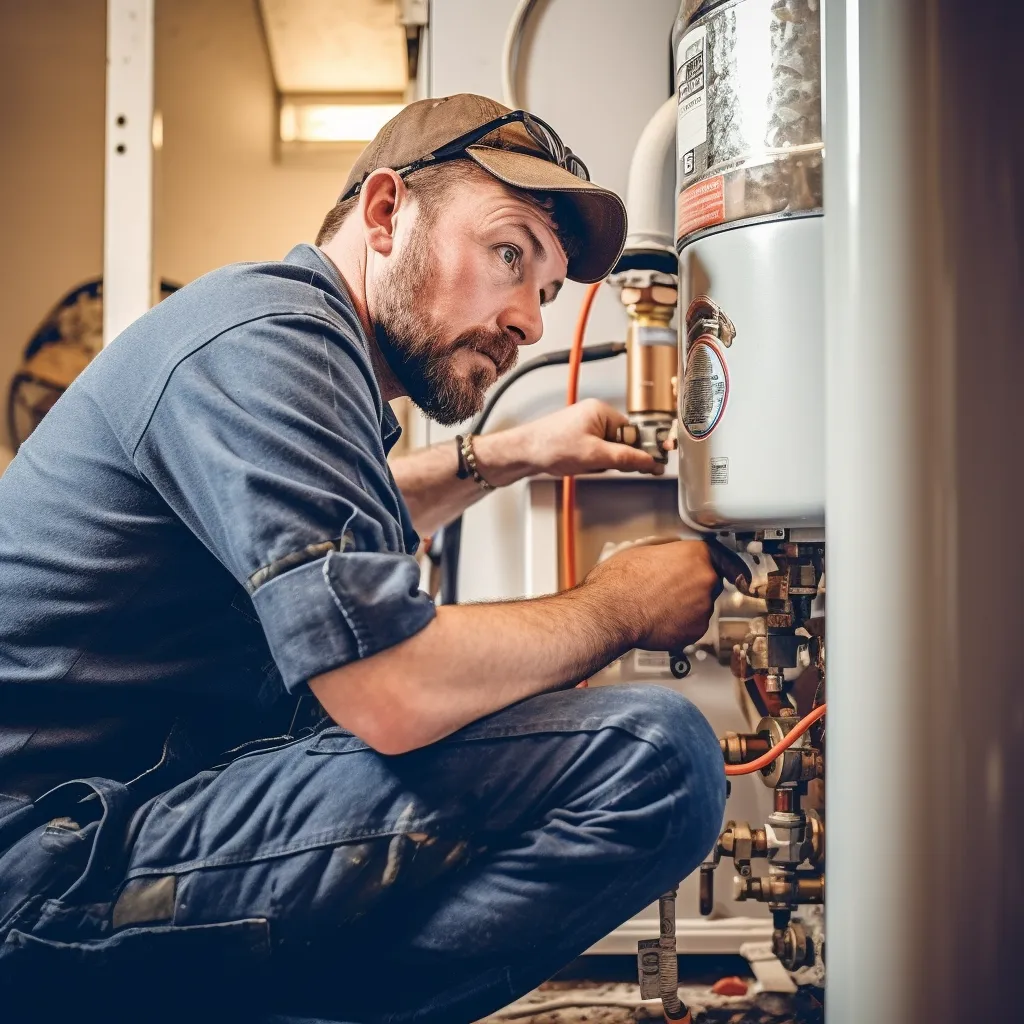
When thinking about household needs, consider the size of your home and how often hot water will be used by residents. By doing this, you can determine the most suitable type and capacity for your needs.
While electric water heaters are generally less expensive to purchase and install, gas water heaters may be more cost-effective over time. In terms of efficiency and operating costs, gas water heaters tend to be superior.
When it comes to maintenance requirements, electric water heaters require less attention because they don't have any flammable components. Conversely, gas water heaters should be inspected regularly to ensure proper function and safety.
Depending on the fuel source, electric water heaters could produce fewer emissions and have a smaller carbon footprint when compared to gas models.
Ultimately, the decision will come down to personal preference and what works best for your lifestyle and budget.
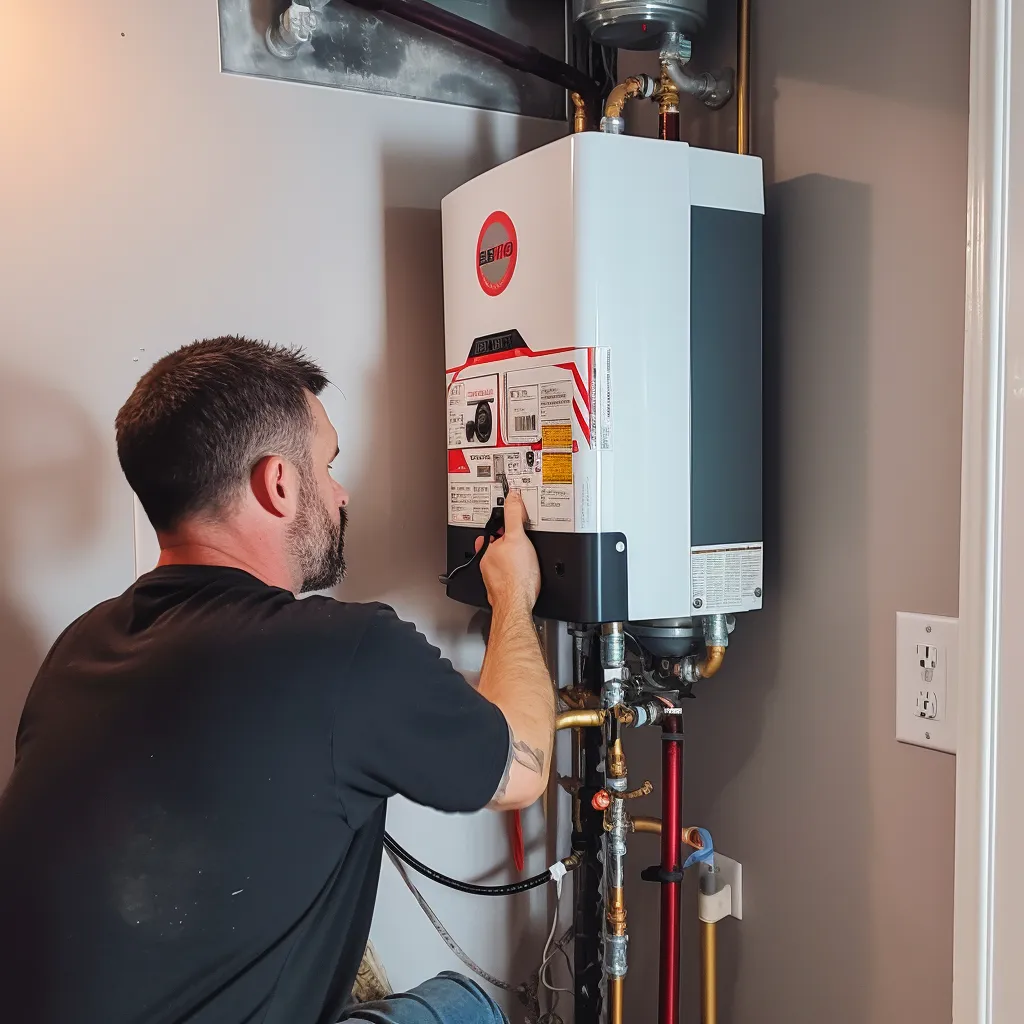
Why is it better to hire a licensed professional to install your water heater?
When it's time to install or replace a water heater, most people consider DIY to save money. But going the DIY route with something as crucial as a water heater can be risky. Rather than risking costly and dangerous issues, consider hiring a licensed professional for the job. Licensed professionals ensure safety compliance and possess the necessary experience and knowledge to identify potential issues. Your safety and peace of mind should always be paramount – which is why entrusting the job to a licensed pro is always the smart choice.

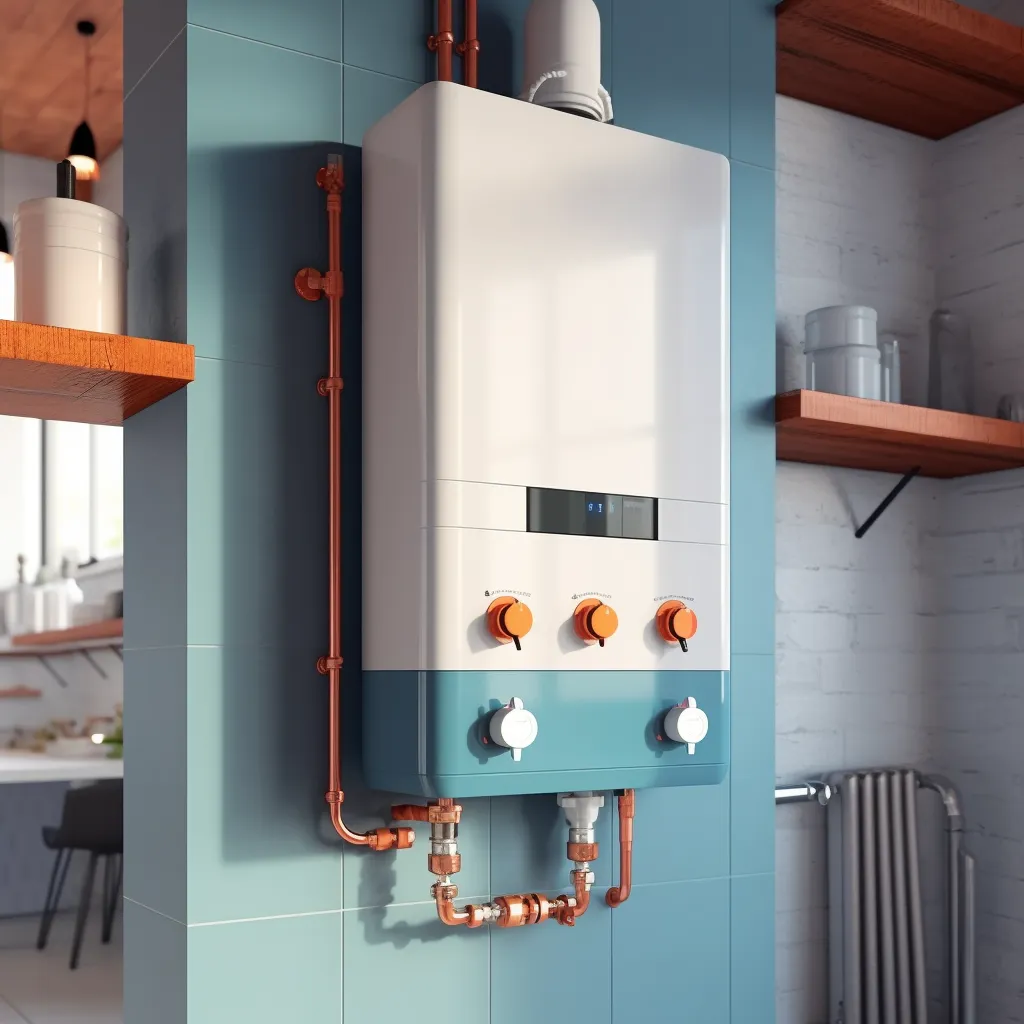
Be sure to do your research
Before you decide on a water heater, it's important to do some research. Think about the pros and cons of electric and gas models, as well as safety and installation requirements. With thoughtful planning, you can find a water heater that works for you. Just remember to hire a licensed professional for the installation!
Contact Us
GET IN FULL TOUCH
PHONE:+(520) 317-8178
Don's Plumbing Repair
Maricopa, AZ 85138
